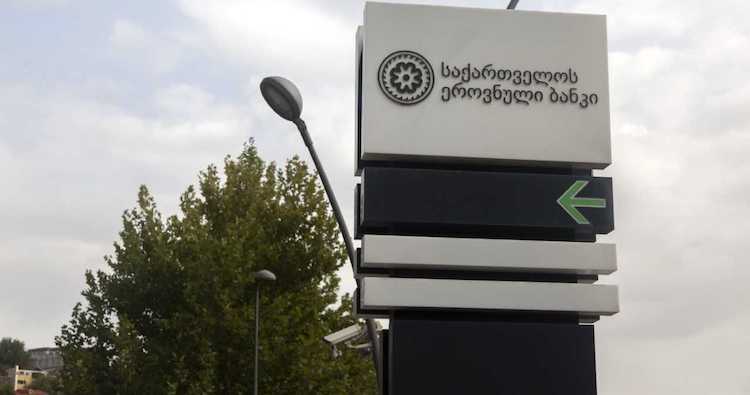National Bank: reports on amended tax code creating money laundering, sanctions’ evasion risks “speculation”

The National Bank of Georgia on Thursday responded to reports about increased risks of money laundering and possible evasion of international sanctions from recent amendments to the domestic tax code by rejecting them as “speculation”. Photo: Nino Alavidze/Agenda.ge
The National Bank of Georgia on Thursday responded to reports about increased risks of money laundering and possible evasion of international sanctions from recent amendments to the domestic tax code by rejecting them as “speculation”.
Commenting on the reports by unspecified sources, the Bank said the amendments would “not lead to a change in the processes in the financial system”.
The origin of the funds and the company's founding documents will be scrutinised to the same high standards as before [...] Amendments to the tax code, which refer to the exemption from profit or income tax of foreign enterprises registered in a country with preferential taxation and partner natural persons, do not apply to and do not regulate banking transactions, since the deposit or withdrawal of funds is not taxed separately”, the body said.
The National Bank said domestic commercial banks had implemented the “highest standards” of reporting and transparency.
The financial system has internal systems and control mechanisms that minimise the risks of money laundering and terrorist financing, as well as sanctions evasion. That is why, despite the existing geopolitical challenges, there have not been any cases of execution of a transaction by a sanctioned person”, it said.
The NBG also noted it had received approval from the Committee of Experts of the Council of Europe for their latest round of assessment of measures against money laundering and financing of terrorism. The assessment report evaluated the supervisory process and practice of the National Bank with “effective results”, it added.
The central bank said it “constantly” studied banking transactions related to various jurisdictions and added international transfers were carried out through the “largest correspondent banks” of Europe and America, which confirmed commercial banks in Georgia operated “in full compliance with standards, transparently and in accordance with existing regulations”.
The NBG pledged it would continue to observe “all necessary measures”, which it said was a “necessary condition” for strengthening the country's financial stability.
The body called on “various interested parties” to refrain from “speculation” of the above-mentioned content, which it said “harmed the reputation” of banking and financial systems of the country.
 Tweet
Tweet  Share
Share